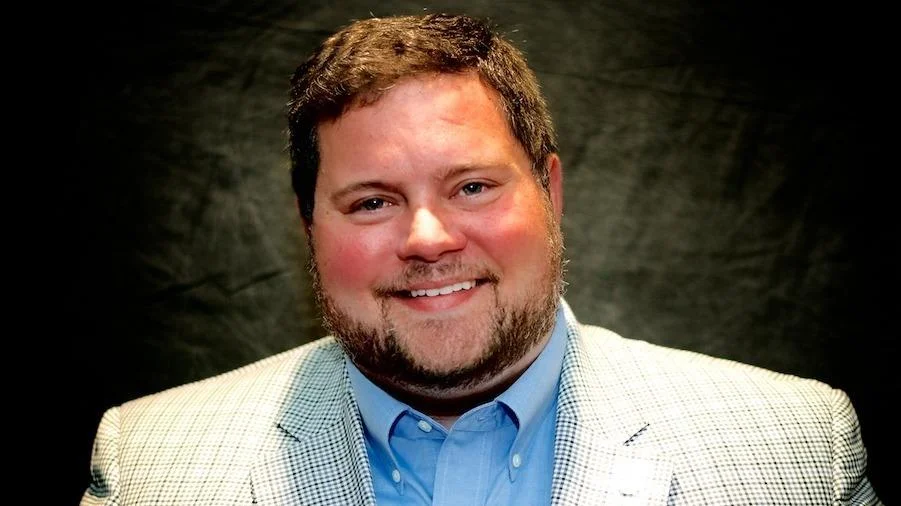
When it comes to celebrating the day that the Founding Fathers declared independence from Great Britain in 1776, the nation’s second president, John Adams, told his wife Abigail: "It ought to be commemorated, as the Day of Deliverance by solemn Acts of Devotion to God Almighty. It ought to be solemnized with Pomp and Parade, with Shews, Games, Sports, Guns, Bells, Bonfires and Illuminations from one End of this Continent to the other from this Time forward forever more." While he was referring to July 2 (the day the Continental Congress voted to approve a resolution of independence from Great Britain), the U.S. today celebrates Independence Day on July 4 (the day the Continental Congress approved and sent for printing the Declaration of Independence).
Reflecting on personal celebrations this year, an individual shared their experience: "While I didn’t take in any 'shews,' I did watch my kids in the local parade (an annual tradition), and I may have partaken of games and sports and a bit of pomp."
Most importantly for this individual was publishing two pieces about recent Supreme Court decisions with significant implications for constitutional freedoms. They expressed hope that others had taken time off during the holiday week: "Since I hope you had the chance to log off over the holiday week...I’m sharing them with you here."
On July 2, they wrote for The Washington Examiner about the Supreme Court’s decision to end Chevron deference. They noted that while critics argue this decision will create regulatory instability, proponents believe it restores vital checks and balances within democracy. The piece emphasized that lawmaking is Congress's responsibility while interpreting laws falls under judiciary purview.
"This week marks the beginning of the post-Chevron era," they stated. "Congress must do its duty rather than kick the can back to agencies or courts."
The following day at The Hill, they discussed another Supreme Court decision in Murthy v. Missouri regarding online speech. They argued both court and Congress should protect First Amendment rights by curbing bureaucratic power.
"The lesson of Murthy v. Missouri...is not that First Amendment rights are not threatened by government coercion...But censorship is only a symptom; government overreach is the root cause."
They concluded by urging accountability among federal lawmakers and elected officials closer to constituents.
For further questions or comments on these issues, Casey Mattox can be reached at freespeech@afphq.org.